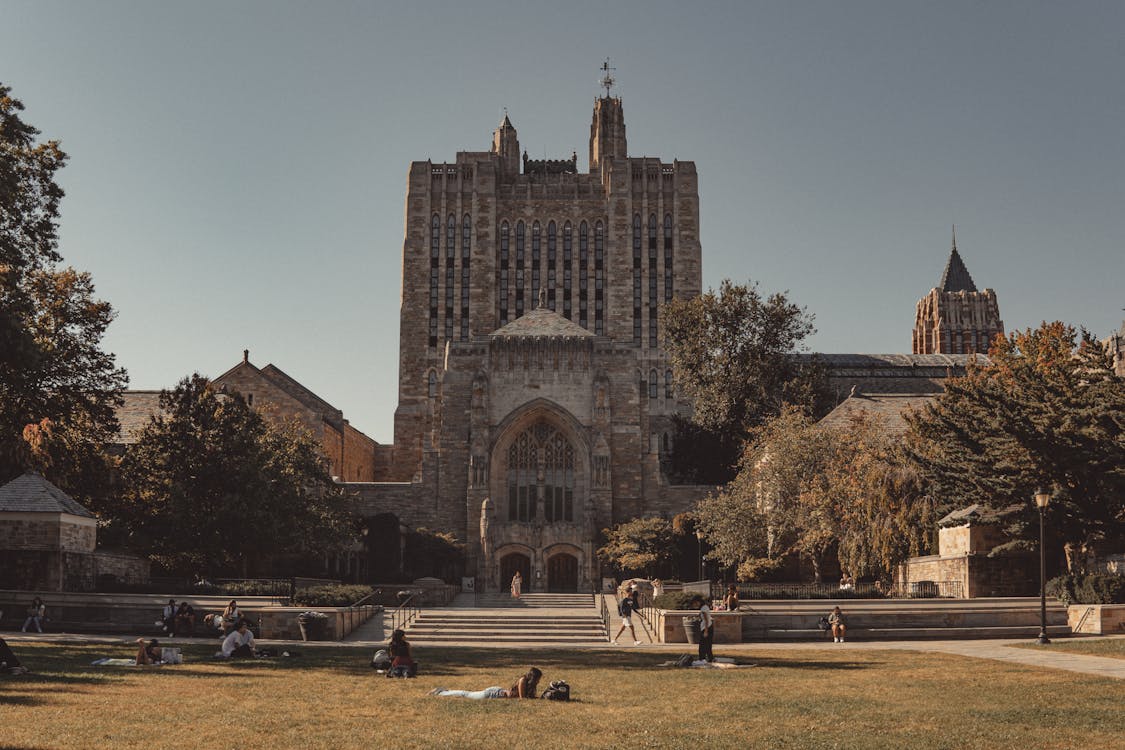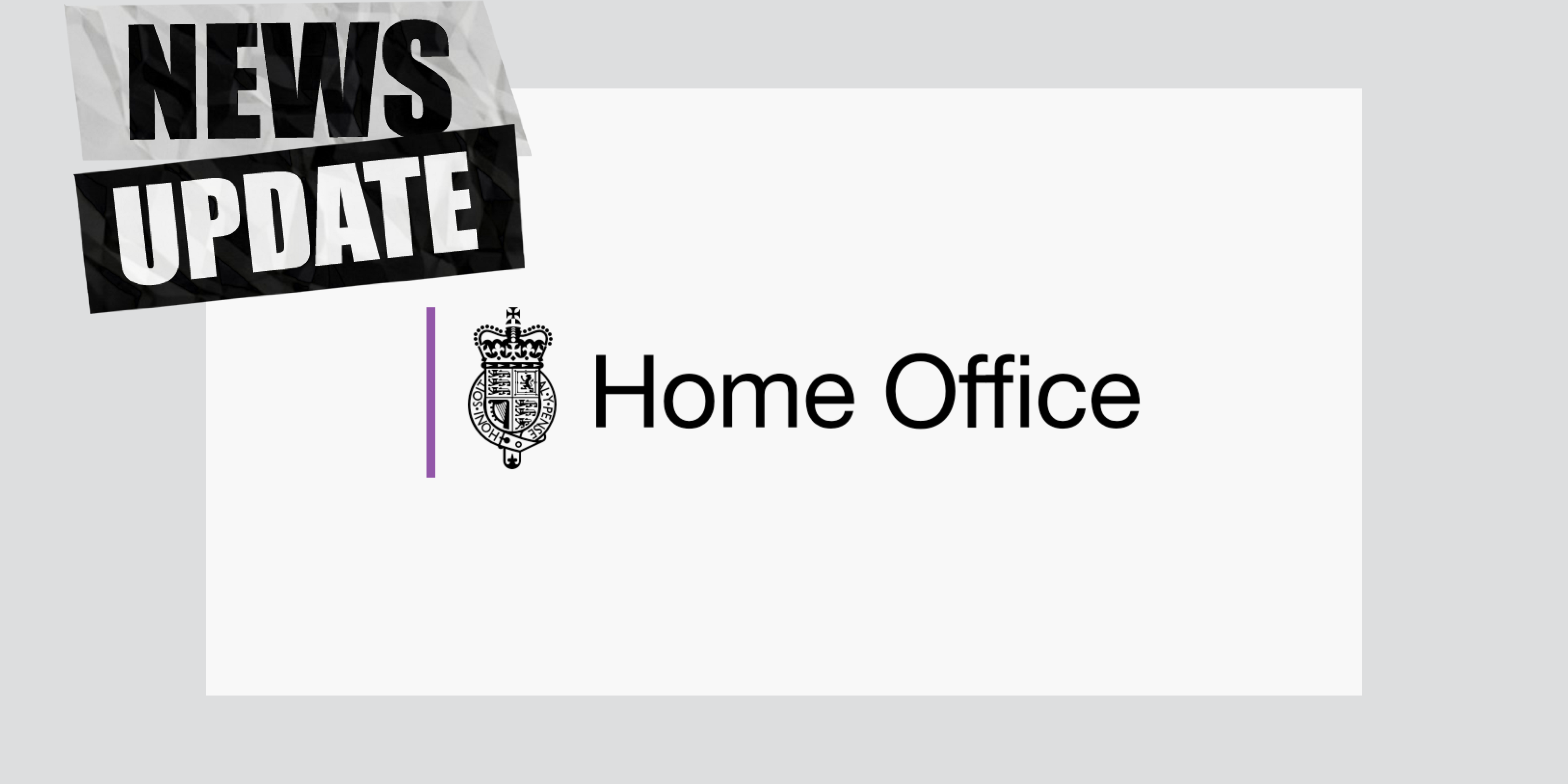England’s universities face serious financial challenges because there are pressures on three of their main income streams – a flat undergraduate fee cap, unsustainable research funding and pressures on international student recruitment. It is well-known that this is imposing tough choices on individual universities, but too little attention has been paid to what this means in the long run for the size and shape of the university sector.
As the general election campaign takes full flight, a new HEPI Report sponsored by the Policy Institute at King’s College London, Four futures: Shaping the future of higher education in England, looks beyond individual and short-term funding challenges to consider the long-term future of higher education.
The author, Professor Sir Chris Husbands, is the former vice-chancellor at Sheffield Hallam University (2016-23). He develops four plausible scenarios for the future of English higher education and looks at what they could mean for students, universities and government.
- Scenario 1 considers what happens on the current funding trajectory.
- Scenario 2 looks at what a higher education sector fully funded for high participation, research, and innovation might look like.
- Scenario 3 explores the implications of a tertiary system.
- Scenario 4 considers what a more differentiated system might look like.
These four scenarios are used to illustrate the main choices for an incoming government and the ways universities and their leaders might constructively try to influence the policy debate on higher education.
Professor Sir Chris Husbands, the author of the report, said:
‘There is no realistic way through the issues facing English universities without thinking about the future shape and size of the sector.
‘The shape of higher education in 2024 is a consequence of previous interactions between universities and policy. It could – and will – change.
‘Whoever wins the election on 4 July will need to think hard about the higher education the country needs and is willing to support.’
In his Foreword to the Report, Professor Shitij Kapur, Vice-Chancellor & President of King’s College London, writes:
‘UK universities are held in high esteem all over the world – envied for their excellence and widely emulated. But despite their stellar reputation, they are currently experiencing some of the greatest funding challenges and most strident questioning of their role that they have ever faced. Against this backdrop, and with a general election around the corner, this report could not have arrived at a more important moment. …
‘The paper is vital reading for those who want to understand how fine the balance is between a sector that will spend the next decade reacting haphazardly to recurrent crises in institutional finances and purpose, and one that is able to forge a path towards being a key part of the UK’s future success. At its core, the paper highlights how different the outcomes could look depending on how urgently and actively any new government engages with universities in reimagining the sector.



